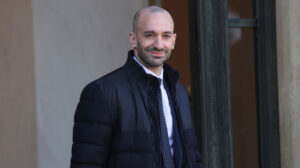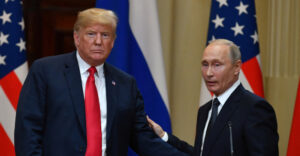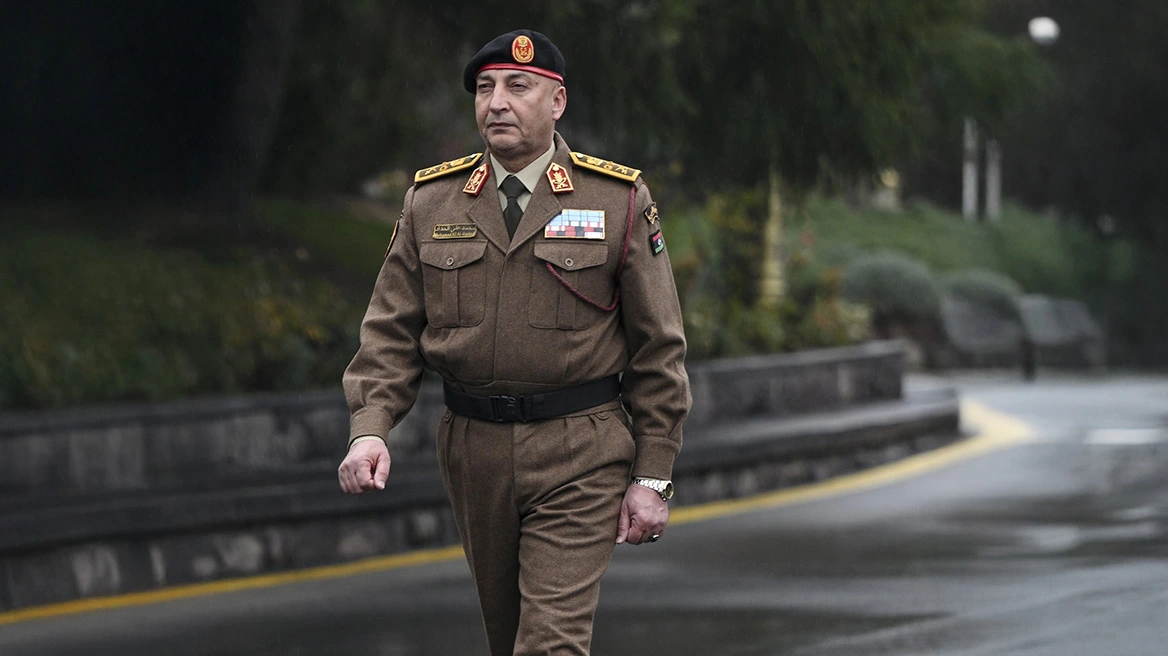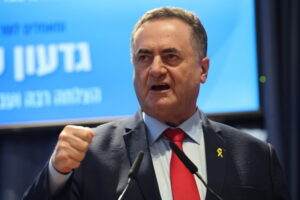In an interview with the French newspaper La Tribune, French Minister of European Affairs, Benjamin Haddad, argues that “Russia has defined Europe as its enemy“, calling it a “Moscow’s hybrid war“.
In the opening question on the latest Russian interventions in Europe, Haddad refers to the elections in Moldova and Romania. As he says, a recent TikTok report revealed a massive manipulation operation to favour the far-right candidate, Georgescu, in Romania, with nearly 100,000 fake accounts and 33,000 spam messages. He also notes that in Moldova, votes were bought via Telegram to sabotage the re-election of Europe-friendly President Maya Sandu. “Buying this 10% of votes is equivalent to spending a day of war in Ukraine. So one can see the cost-benefit calculation for Russia,” the French minister says.
Asked whether the EU is constantly lagging in this hybrid war waged by Moscow, the minister points out that “the threat is growing and we must constantly adapt to it, but the awareness is there.” He also mentions that France has increased its cyber intelligence and resources, working with countries on the front line. However, when asked whether the response at the European level is sufficiently coordinated, he says that “it is probably not coordinated enough”.
Haddad also says that Russia does not seem willing to enter into serious negotiations on the Ukrainian issue and that its goal is to make Ukraine disappear as an independent nation. Beyond that, he says, Putin intends to destroy the European security architecture and wants to redraw Europe’s borders, having defined Europe as its enemy.
Regarding Trump’s imperialist line with Greenland, Haddad states that “challenging the borders of an EU sovereign state is unacceptable. But it shows the turmoil in the world, as for years we deluded ourselves that we were safe from threats, but in reality, war never left Europe. There was the Cold War, then the conflicts in the Balkans, in Georgia, the annexation of Crimea, and then the invasion of Ukraine. Each time, we convinced ourselves that it was a backlash of hatred and that the Americans would come to help. At this last point, Europe realized that it had to take responsibility.”
In response to reporters’ comments on whether the EU can be considered a single bloc at the same time as leaders such as those of Hungary, the Czech Republic and Italy are open supporters of the Kremlin and Trump, the minister noted that none of them, however, have prevented the renewal of sanctions against Moscow, while support for Ukraine continues. “We should neither underestimate the problems we face nor overestimate the divisions – indeed, these three countries do not behave in the same way. Beyond that, it is also up to the member states to make their own choices: is it in the interest of Hungary or Italy to have a divided EU, especially in a period of trade tensions? I do not think so. The 27 member states supported the plan to rearm it.
Ask me anything
Explore related questions





